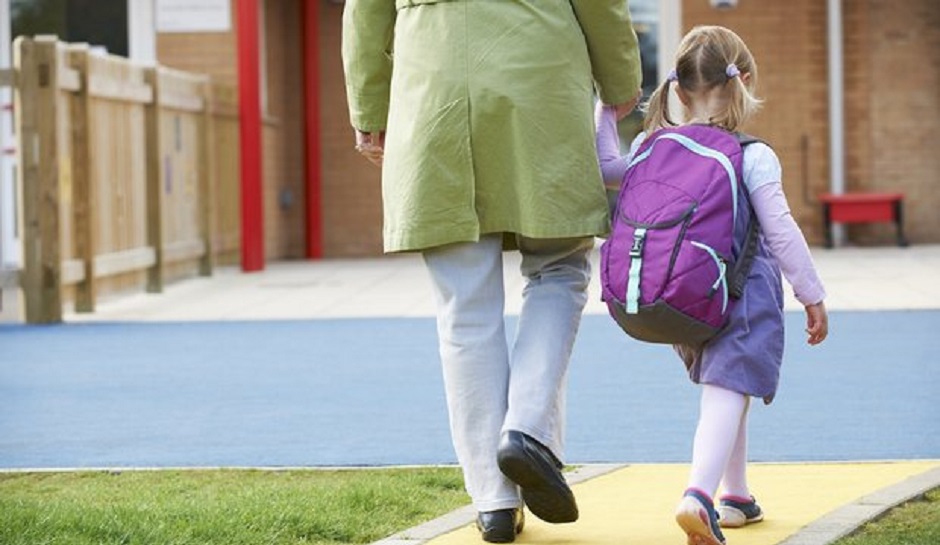-
Tips for becoming a good boxer - November 6, 2020
-
7 expert tips for making your hens night a memorable one - November 6, 2020
-
5 reasons to host your Christmas party on a cruise boat - November 6, 2020
-
What to do when you’re charged with a crime - November 6, 2020
-
Should you get one or multiple dogs? Here’s all you need to know - November 3, 2020
-
A Guide: How to Build Your Very Own Magic Mirror - February 14, 2019
-
Our Top Inspirational Baseball Stars - November 24, 2018
-
Five Tech Tools That Will Help You Turn Your Blog into a Business - November 24, 2018
-
How to Indulge on Vacation without Expanding Your Waist - November 9, 2018
-
5 Strategies for Businesses to Appeal to Today’s Increasingly Mobile-Crazed Customers - November 9, 2018
SCOTUS Slaps Down Alabama’s Ruling Against Gay Adoption
The ruling came early Monday morning, with the justices unanimously deciding to support the challenge an Alabama woman posed to her state’s highest court when it refused to recognize the adoption she and her former partner were granted in Georgia. “This is a real concrete question of whether we’re going to be a country that protects children and puts them first or a country that denies children the best opportunities in life, simply because we don’t think their parents’ sexuality is OK”.
Advertisement
Lawyers for V.L., including the National Center for Lesbian Rights, said the case has broad implications for any gay or lesbian adoptive parents who travel or move to Alabama.
The lesbian couple, identified only by the initials V.L. and E.L., were in a relationship for roughly 16 years and had raised three children together. “The Supreme Court has done what’s right for my family”, V.L. said in a statement on the day of the ruling, March 7. In this particular case, the court shot down Alabama’s stand of refusing to recognize a same-sex parent adoption from another state.
“Any attempt to deny legal rights to our families is reprehensible, and this ruling establishes that bias and discrimination can not be allowed to undermine the bond between LGBT parents and their children”, Human Rights Campaign Legal Director Sarah Warbelow said in a statement, adding that the ruling sets a firm precedent for other courts. The full faith and credit requirement does not apply, they argued, when the state that originally granted the adoption did not have the power to do so. Incidentally, the couple never married and merely stayed together. A Georgia court had given parental rights during that time to VL, who has no biological relationship to the children.
The Supreme Court had already blocked the Alabama court order from going into effect while the justices considered whether to hear the controversy.
V.L. said the Alabama Supreme Court violated the Constitution’s full-faith-and-credit clause, which requires recognition of court judgments made in another state.
In many ways, the decision was a matter of housekeeping, addressing a conflict from the inconsistent marriage and adoption laws that preceded last summer’s Obergefell decision. Before you get too excited about the Supreme Court being dope and progressive, take a seat, because it’s on technical rather than ideological grounds.
Advertisement
The case required the court to interpret the Constitution’s dictate that every state must give “full faith and credit” to legal decisions reached in other states. Having erred in their decision, the Alabama court was reversed. These adoptions benefit couples who don’t share a biological connection, and ensure that their children have two legal parents.





























